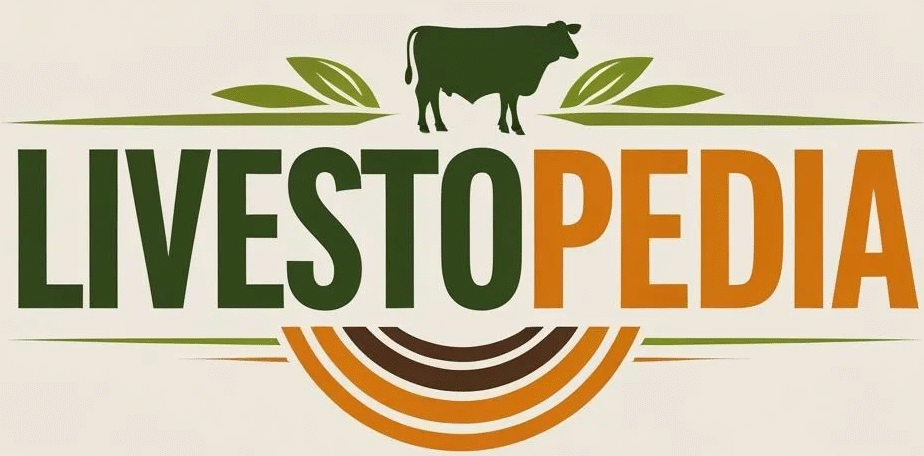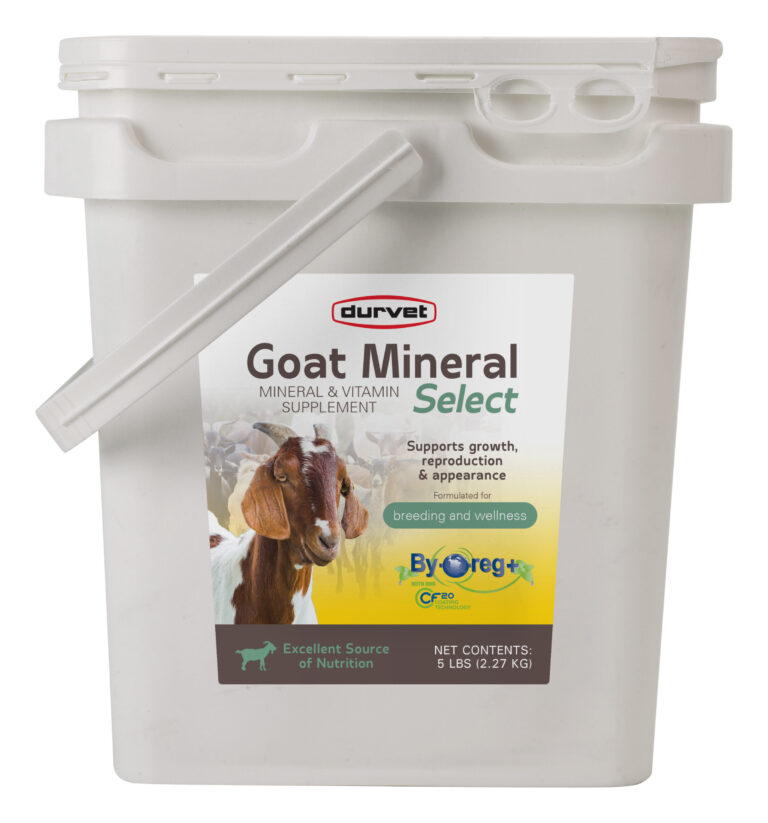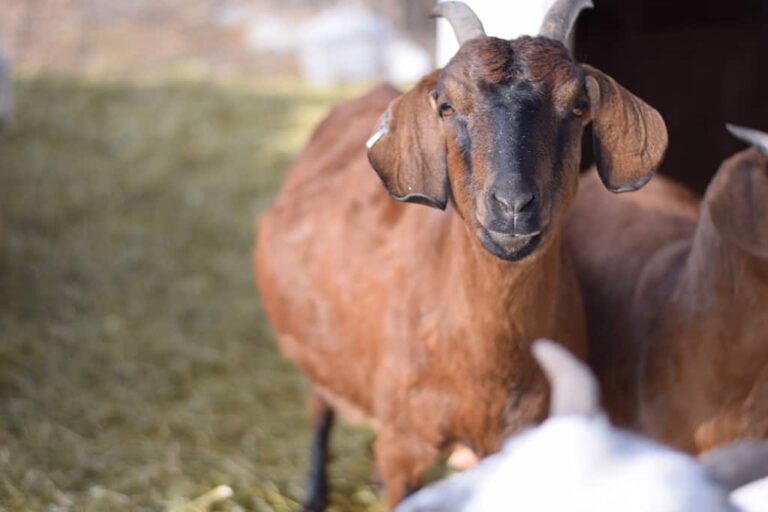Nutrition is the foundation of successful turkey farming, directly influencing growth rates, reproductive performance, immunity, and meat quality.
While housing, disease control, and management practices are essential, no aspect has a greater day-to-day impact on flock productivity than the feed program.
Understanding turkey nutrition requires knowledge of nutrient requirements, feed formulation, supplementation, and seasonal adjustments.
The Nutritional Building Blocks
A turkey’s diet must provide all the basic nutrients (protein, carbohydrates, fats, vitamins, minerals, and water) in the right balance.
Protein is particularly critical in the early stages, as it drives muscle development and feather growth. Young poults need starter feeds containing 26–28% protein, with levels gradually reduced to around 16–18% in the finishing stage.
Carbohydrates supply the bulk of dietary energy, while fats improve calorie density and help with the absorption of fat-soluble vitamins such as A, D, E, and K.
Minerals like calcium and phosphorus maintain bone strength, while trace elements such as zinc, selenium, and manganese support immune function and fertility.
Stage-Specific Nutritional Needs
The nutritional profile of turkey feed changes with age and purpose.
During the starter phase (0–8 weeks), nutrient density is at its highest to fuel rapid growth.
The grower phase (8–16 weeks) shifts toward building body mass, with protein reduced slightly but mineral levels maintained.
In the finisher phase (16 weeks to market), energy levels increase to improve fat cover and meat quality.
Breeding turkeys require specialized diets with slightly lower energy and balanced nutrients to maintain fertility without causing obesity.
The Role of Feed Formulation
Effective turkey nutrition depends on precise feed formulation.
Commercially prepared feeds offer balanced nutrients, but many small-scale farmers mix their own rations using local grains, protein meals, and mineral supplements.
The key is ensuring that each ingredient contributes to the target nutrient profile without creating excesses or deficiencies.
Improperly balanced homemade feeds can lead to poor growth, leg problems, or reproductive failure, so formulation should always be based on accurate feed analysis and reliable poultry nutrition standards.
Vitamins, Minerals, and Micronutrients
Vitamins and minerals may make up a small fraction of the diet by weight, but their impact on turkey health is enormous.
Vitamin A supports growth and immune defense, vitamin D3 regulates calcium metabolism, and vitamin E acts as a powerful antioxidant.
Deficiencies in key minerals such as calcium or phosphorus can lead to bone weakness, while shortages of trace minerals like selenium or manganese can impair hatchability and disease resistance.
Supplementation should be consistent, especially in flocks raised in confinement where birds cannot source natural nutrients from the environment.
Natural and Functional Additives
Many turkey farmers incorporate natural additives to enhance nutrition and flock health.
Probiotics help maintain gut balance, while herbal supplements such as oregano, thyme, and garlic have antimicrobial properties that can reduce disease risk.
Enzymes can improve feed digestibility, and organic acids help control harmful bacteria in the digestive tract.
While these additives are not replacements for core nutrients, they can enhance performance and reduce reliance on antibiotics when used strategically.
The Water Connection
Water is often overlooked in discussions of nutrition, yet it is the most vital nutrient turkeys consume. It supports digestion, nutrient transport, and temperature regulation.
Turkeys typically drink twice as much water as the weight of feed they consume, with intake increasing during hot weather.
Water quality is equally important; contaminated or stale water can reduce feed intake, cause disease, and slow growth.
Regular cleaning of drinkers and water lines is essential to maintaining both water safety and feed efficiency.
Seasonal and Management Adjustments
Nutritional strategies must adapt to seasonal conditions and production systems.
In hot weather, higher-energy diets may cause heat stress, so farmers often reduce energy density slightly and increase electrolyte supplementation.
In cold weather, higher-energy rations help maintain body temperature.
Free-range turkeys may obtain part of their diet from foraging, but supplemental feeding remains necessary to ensure consistent nutrient intake, especially when pasture quality declines.
Monitoring and Fine-Tuning Nutrition
Regular observation of feed intake, body condition, and growth rates allows farmers to fine-tune their feeding program.
Sudden changes in consumption may signal disease, stress, or feed quality problems. Laboratory feed analysis, combined with periodic flock weight checks, ensures that rations match performance goals.
Even small adjustments such as improving pellet quality or changing feeding times can significantly improve feed conversion and flock productivity.
Wrapping Up
Mastering turkey nutrition is about balance: meeting the bird’s needs without waste, ensuring complete diets without harmful excesses, and integrating natural feeding behaviors into a structured program.
Whether you raise turkeys for meat, eggs, or breeding, a strong nutritional foundation will deliver healthier birds, higher yields, and better profitability.


